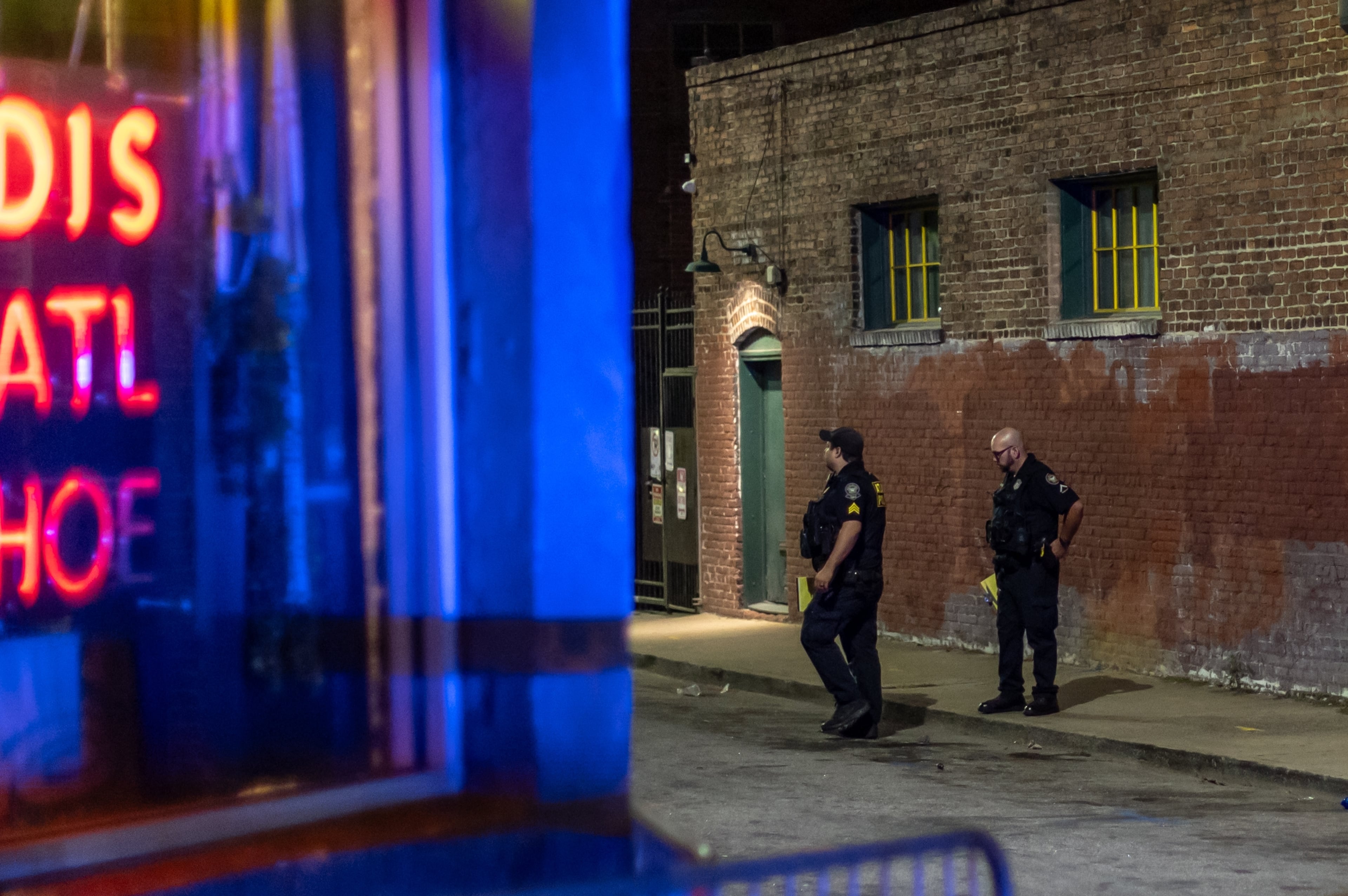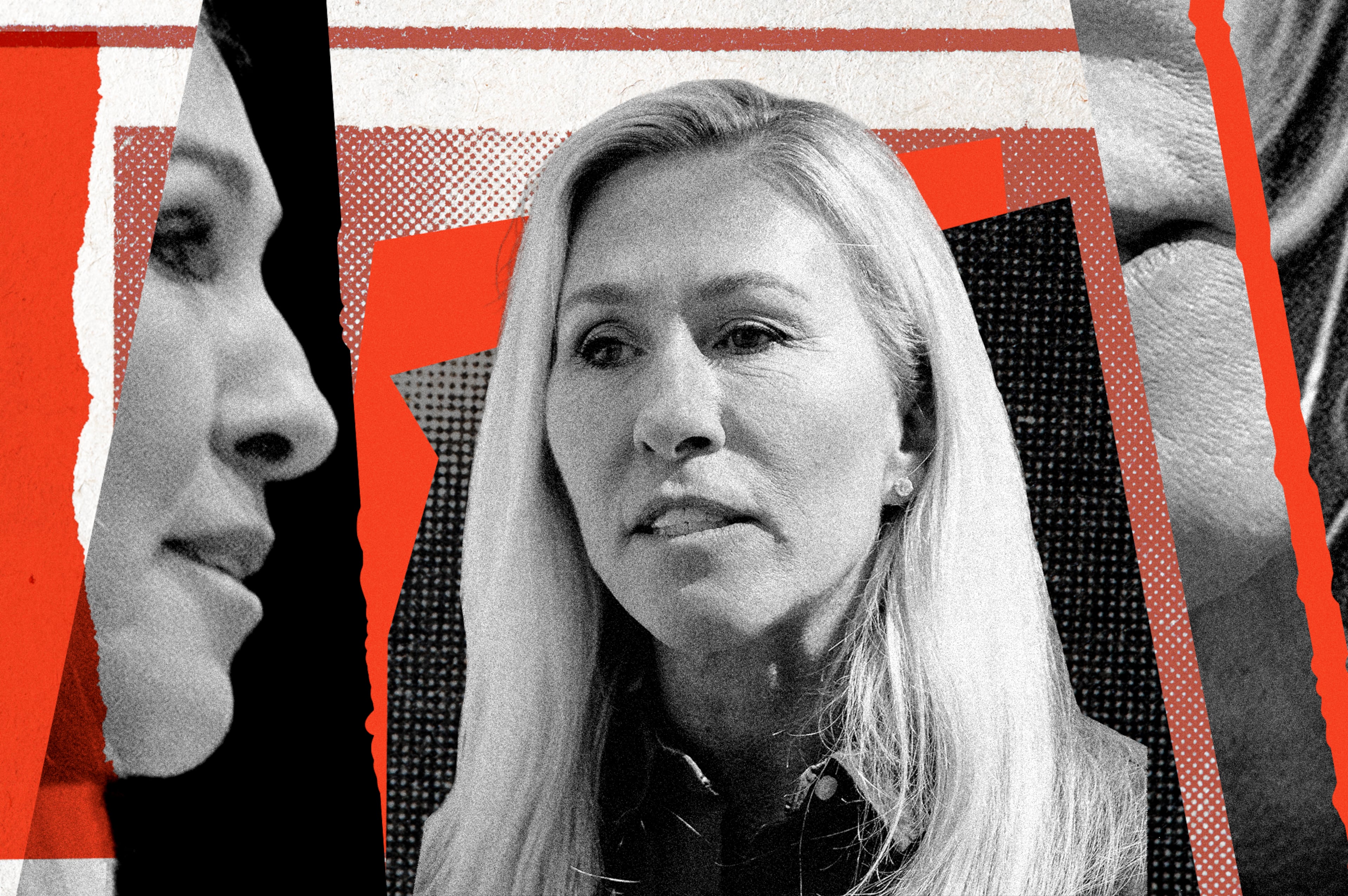Marietta advances measure to crack down on homeless encampments

The Marietta City Council has moved forward with an ordinance banning homeless camps on private property.
After a first reading on Wednesday, the City Council in the metro Atlanta suburb recommended adoption of the measure by a 6-1 vote, after one council member raised constitutional concerns under the Fourth Amendment’s prohibition on unreasonable searches and seizures by the government.
The measure, titled Prohibited Use of Private Property, would ban people from camping, sleeping or storing their personal belongings on private property without the owner’s permission.
The City Council will decide whether to give it final approval in March, according to Marietta Police Chief David Beam.
In an interview with The Atlanta Journal-Constitution, Beam said authorities needed to address the challenges of a growing homeless population, which he said created issues in the community. He said business and individuals had made daily complaints about homeless encampments.
According to Beam, the city can charge people under criminal trespass laws, but the new measure would allow charges in municipal court instead of state court.
He said that would give the city more control over the process, adding that state courts tend to “find some alternatives or ways to help these individuals and to deal with the situation.”
“If we can start prosecuting those individuals that are breaking the law using local ordinances, we have more local control,” he said.
The City Council also advanced an amendment to an existing ordinance that would ban fires and camping in public places.
At a Jan. 28 committee meeting, Beam told council members the new ordinance would allow the city to charge homeless people on private property without the owner’s permission. He said the measure borrowed language from similar measures in Glynn County, the city of Cleveland and Woodstock.
“We reached out to those three jurisdictions to find out if they were having any trouble prosecuting the charge, and they are not,” he told the council.
The city planned to adjust its approach and give people two days to get off the property before enforcing the law, he added.
“We’re going to give people a chance to leave the facility, leave the grounds and not just come in and start charging people without first giving them the opportunity … to get off the property with their camping materials. Before we would write a citation, we would also verify that the owner of the property has not given permission for people to camp there,” he said.
Ward 7 Councilman Joseph Goldstein opposed the measure. During the committee meeting, he raised concerns about the prospect of violating the Fourth Amendment if an owner does not give the police permission to enforce the law on their land. He suggested adding new language to the ordinance.
Beam told Goldstein that police share his concern but said the department would train officers to make sure they had received a complaint before enforcing the law.
“We can’t just go tromping on private property,” he said.
Homeless advocates say camping bans and laws criminalizing homelessness are counterproductive and inhumane, while officials in Atlanta and elsewhere have raised public safety concerns about the encampments, even as they promote housing-first policies.
In June 2024, the U.S. Supreme Court upheld a Grants Pass, Oregon, ban on people sleeping outdoors in public places. In the decision, it found that the city did not violate the prohibition on cruel and unusual punishment under the U.S. Constitution.
Last year, the AJC found more than 60 Georgia communities had laws that limit sleeping in public places.
Beam said the city does not believe “you can arrest your way out of the homeless situation.”
“It’s very important that people understand that we have a heart and we feel for these individuals, but we also expect them to abide by the law,” he said.



